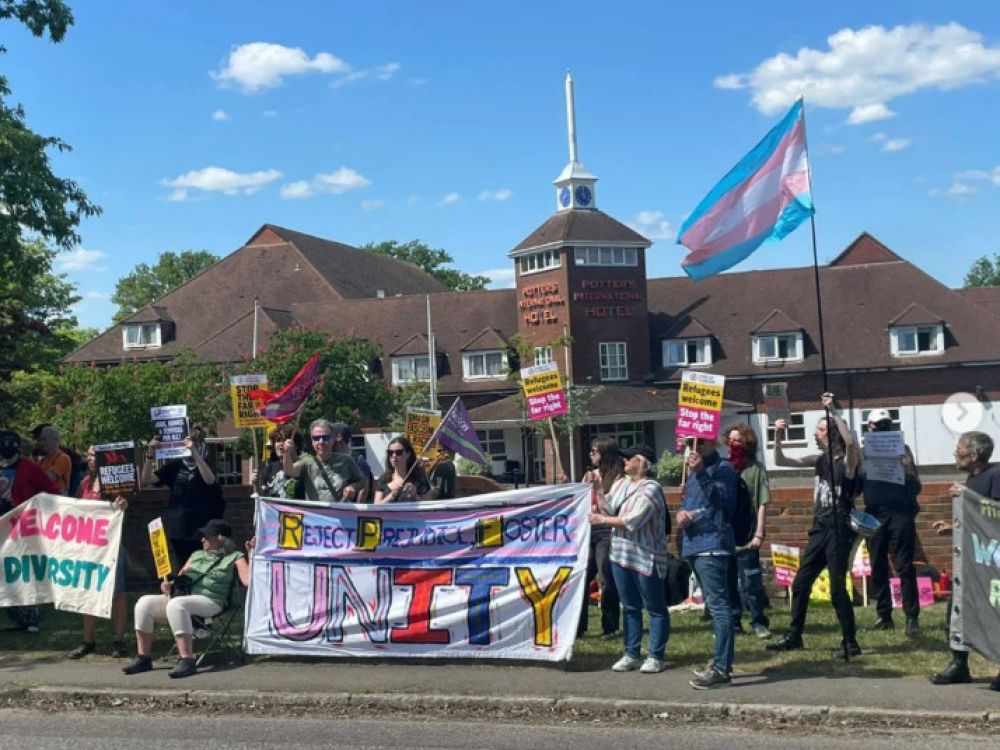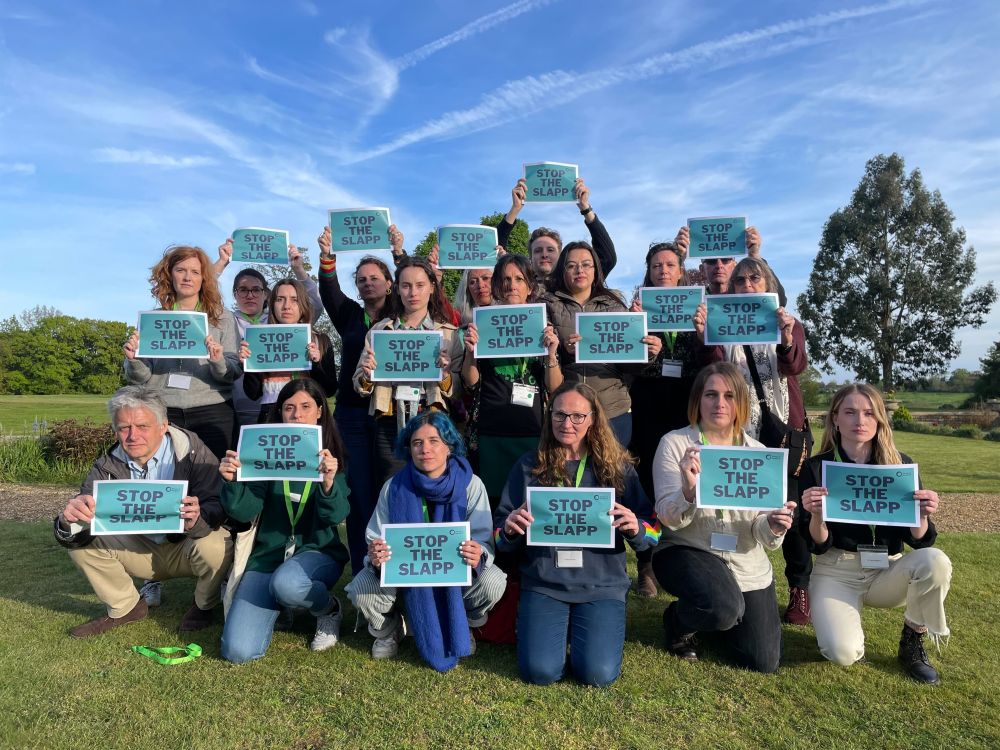
From extreme weather to pollution, the climate and nature crisis affects us all. But marginalised communities, especially people of colour, are hit hardest.
In the UK, people of colour are more likely to live in cold homes, in areas lacking green space and in areas with dangerously high air pollution. Around the world, people of colour and Indigenous communities face deforestation, food and water scarcity, land grabbing and displacement – both from climate impacts and exploitation.
What’s more, today's environmental injustices are rooted in colonialism and racism. And the countries hit hardest have done the least to cause them.
Fighting injustice is key to solving the climate and nature crisis. Everyone must have a say – particularly those most impacted. So the mainstream environmental movement needs do better at listening to and supporting communities on the front lines of injustice. And we need to stand alongside other movements challenging oppression and exploitation to build a better future together. That’s why Friends of the Earth is an actively antiracist organisation.
Antiracism and our work

Demanding fair climate action
We’re calling on the government to produce a Big Climate Plan that puts fairness first. The costs should fall on the wealthiest countries which are most responsible for the climate crisis, not marginalised communities.

Fighting deforestation and exploitation
Alongside global allies and Indigenous communities, we’re demanding a new law to hold UK companies responsible for destroying forests and people’s lives.

Pushing for racial justice
We stood alongside thousands of others at the Stand Up to Racism demo to make clear that fighting for our planet also means fighting racism. And we actively opposed the racist, far-right riots that broke out in 2024.

Exposing injustice
Through our research, we’ve exposed how environmental harm hits people of colour hardest. This includes air pollution, flooding, heatwaves, cold homes, bus service cuts and limited access to green space.

Standing with Palestine
We’re standing in solidarity with our sister organisation PENGON (Friends of the Earth Palestine), calling for a full arms embargo on Israel and an end to the occupation.

Defending rights
We’ve joined Gypsy, Roma and Traveller charities to fight court orders that criminalise nomadic lifestyles and environmental protestors.

Celebrating refugees
Our local action groups take part in Refugee Week each year, organising activities like picnics, vigils and stalls to celebrate the contributions, creativity and resilience of refugees.

Developing our staff
Internally, we’ve delivered antiracism training for staff and refreshed our Equality, Diversity and Inclusion Action Plan. We’ve also supported a more diverse range of people to speak on environmental issues.
Anti-racism and our network

Our local action groups


Our international family



